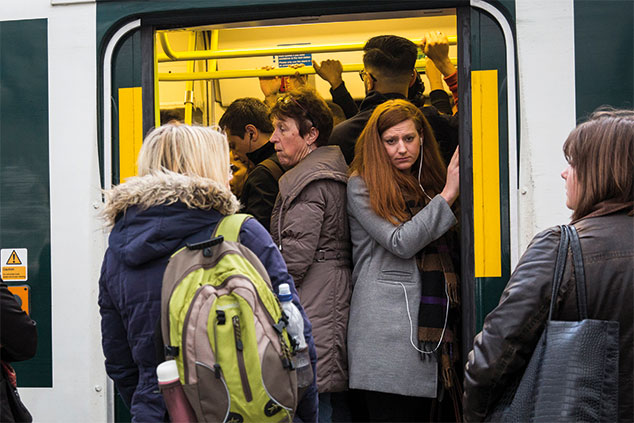
Rail fares will rise in line with inflation by as much as 3.1% in January. Unsurprisingly, the news has not gone down well.
“I don’t know how the chief executive of the Competition and Markets Authority (CMA), Dr Andrea Coscelli, gets to work, but I guess it isn’t by train,” says Ross Clark in The Spectator. “How else to explain the complete lack of interest of his regulatory body in train operating companies and how they ruthlessly exploit their monopolies in order to jack up fares?”
The rising cost of train tickets also means season tickets will increase. In fact, we are now entering the era of the £10,000 commute, says Katie Morley in The Daily Telegraph.
A season ticket between Swindon and London will cost £9,741 from next year. The rise comes despite the fact commuters have seen the cost of rail travel rise at a faster rate than wages over the past decade.
If you commute by rail, there are a number of ways you can reduce costs. The first is to swallow the price and opt for an annual season ticket, as it will cost you less in the long run. Comparison site MoneySavingExpert has a number of examples of how much you’ll save. For example, someone travelling from Guildford to Tottenham Court Road, London, who swapped their monthly season ticket for an annual one would save £680.40 over the year. Many employers offer interest-free season ticket loans to help spread the cost. Alternatively, put the season ticket on an interest-free credit card. Commuter clubs also help you spread the cost – by lending you the money to buy a season ticket, which you then pay back in monthly instalments – but keep in mind that you’ll have to pay interest on the loan.
Furthermore, you may be able to cut your costs with a railcard. If you are over 60 or under 25, you can buy a railcard that knocks a third off rail fares for £30 a year. And anyone aged 26-30 should keep an eye out for a new railcard for that age group that goes on sale next month. Finally, if you regularly travel to work with the same person, you could get a Two Together Railcard for the same discount.
Alternatively, if it’s an option, consider cycling. Many firms offer a cycle to work scheme to help you buy a bike: the company pays for your bike upfront, taking the cost off your pre-tax salary over 12 months, lowering the amount you will have to pay tax on.